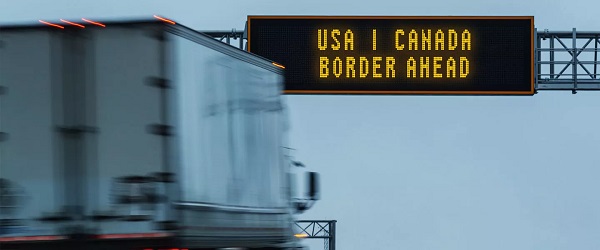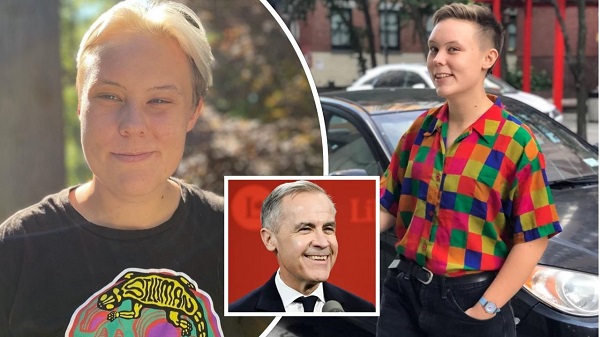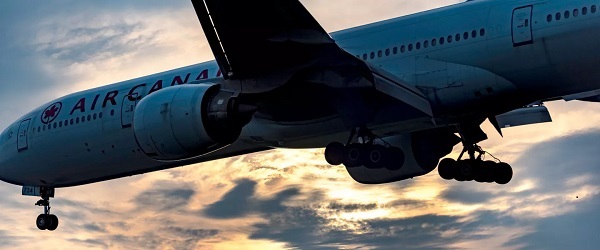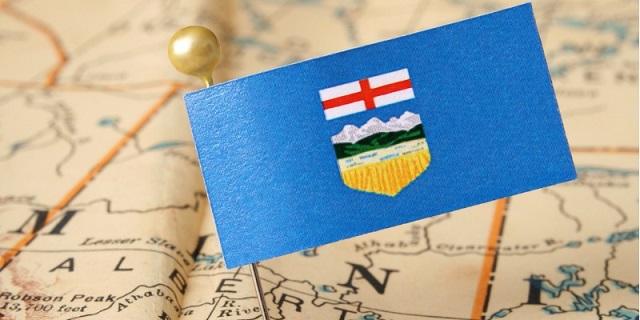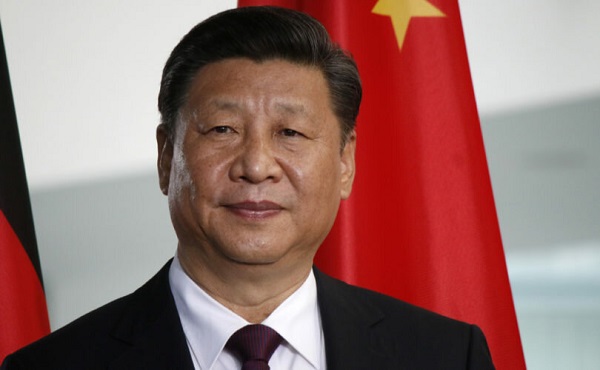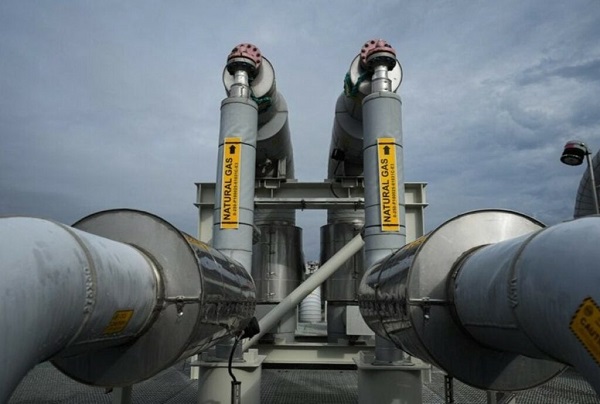Bruce Dowbiggin
Call Me: Now You See It, Now You Don’t
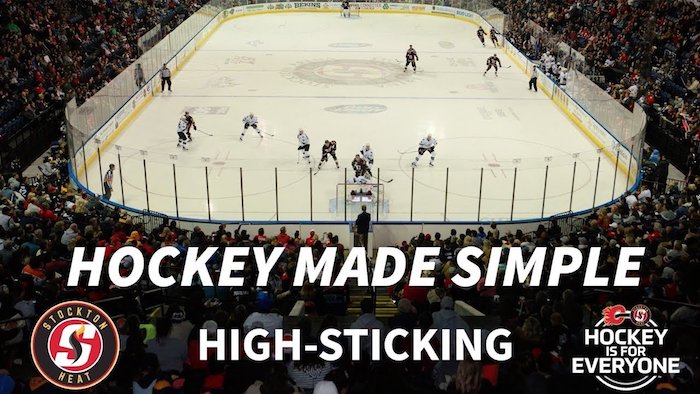
With just seconds left in the third period of a 1-1 Game Six elimination game in Tampa, Brandon Hagel of the hometown Lightning made a move at the Toronto blueline to get by Toronto defenceman T.J. Brodie. Beat on the play, Brodie let his stick get up in Hagel’s face.
The Bolts’ forward’s head snapped back as he’d been clipped in the ear with the stick. Normally, this play is an automatic two-minute penalty. Unless it’s a four-minute penalty. This time? Despite the presence of a referee about ten feet away it was not a penalty, however. Not in the final moments of Game Six.
Instead of the Lightning beginning OT on the power play, it was even, 5-on-5 instead. Toronto scored the series clincher from John Tavares shortly after. Tampa was left with nothing but sour grapes.
Why no penalty? Why do birds sing so gay and lovers await the break of day? It’s all part of the NHL’s fungible notion of justice. Rules are rules. Unless they aren’t. In search of an even playing field we must first consider timing. Like comedy, NHL penalties are all about timing.

Let us explain. In the first period of a tie playoff game, referees can call 1) puck over the glass 2) too many men on the ice 3) slashing a stick out of an opponents’ hands. 4) a stick to the face. Anything more requires special dispensation from Gary Bettman’s barber or the NHL’s head of competition.
If a team manages to get a one-goal lead, only they can be called for rules 1) through 4). Trailing teams must be allowed to even the score at all costs. If the lead stretches to more than one goal in the second period, the trailing team must emulate Vlad the Impaler to visit the sin bin.
By contrast, the team with the lead is also vulnerable to the whole rule book. Slashing, holding, interference, passing bad cheques. The price of success is to be hobbled by the striped men Because of something Brian Burke said 20 years ago, but we forget now.

Should there still be a two- or three-goal lead come the third period the rule book is now the size of a first-class postage stamp. As we saw Saturday, carving your rival with a composite blade renders referees sightless. Refs pray for a puck over the glass so they can call something unimpeachable. Anything.
None of the paid TV panelists are allowed to mention this charade, unless they are Kevin Bieksa. But social media does. And so every spring the cry of Reform! shakes the hockey landscape. After many heated columns and radio diatribes the fuss then dies away when the Stanley Cup is awarded. The reformers, exhausted swimming in the oatmeal of NHL rules, fall away.
Attrition is always the league’s best friend when the product is questioned. Even when public opinion achieves a change in how rules are called the NHL knows time will have its way. These 2023 playoffs provide a few examples of previous reforms gone to seed.
For instance, remember the uproar from the 1998 Olympics? Not about the shootout. No, we are talking about face-offs. Fans noted the rapidity of face-offs in international play. Instead of endlessly noodling in the faceoff dot, waiting for the scene to revert to still life, international linesman dropped the puck as soon as the two players entered the same postal code.
To bored fans, this was a revelation. “You mean we don’t need the drawn-out kabuki we’ve seen for ages?” The din grew so loud that the NHL began using the hurry-up face-off. Fans loved it. There was much satisfaction at changing minds in Toronto.
As anyone watching the 2023 playoffs will tell you, we now have reversion to the old on face-offs. Once more, linesmen move with the speed of registry-office workers, tossing out miscreants and generally annoying everyone again. But the NHL’s justice system has had its way.
Ditto for forwards dumping the puck into the opponents’ zone. By the start of the 21st century the sport moved like a mastadon in the LaBrea tar pit. As part of the reforms after Bettman’s insane 2004-05 labour stoppage, it was decided that defensemen could no longe impede a forward who’d advanced the puck past him into the zone.
The game suddenly became more fluid. For months players and coaches were forced to adjust. The sacred right to interfere was negated, And so it was seen to be good.
But lovers of free-flowing hockey did not account for the plugger mentality that infests the NHL head office. As with hurry-up face-offs, defensive obstruction has been allowed to lapse in this year’s playoffs. Defencemen are back to playing me-and-my-shadow with forwards who must avoid bear hugs and arm bars to get to the puck.
Again, no one seems to notice. Ditto for hitting a puck carrier three beats after he’s surrendered the puck. It’s interference. For a while it was called that way. But now, “finishing your check” is a euphemism for take ten strides then pancake on opponent on the boards.
Yes, yes, best intentions. Sure. They are inconveniences to the traditions of NHL refereeing. Actually, blaming the refs is unfair. They are the pawns of the competition bureau that wants as certain type of game, especially at playoff time. Close. Safe. Saleable. Cynical.
Sign up today for Not The Public Broadcaster newsletters. Hot takes/ cool slants on sports and current affairs. Have the latest columns delivered to your mail box. Tell your friends to join, too. Always provocative, always independent. https://share.hsforms.com/16edbhhC3TTKg6jAaRyP7rActsj5
Bruce Dowbiggin @dowbboy is the editor of Not The Public Broadcaster A two-time winner of the Gemini Award as Canada’s top television sports broadcaster, he’s a regular contributor to Sirius XM Canada Talks Ch. 167. Inexact Science: The Six Most Compelling Draft Years In NHL History, his new book with his son Evan, was voted the seventh-best professional hockey book of all time by bookauthority.org . His 2004 book Money Players was voted sixth best on the same list, and is available via http://brucedowbigginbooks.ca/book-personalaccount.aspx
2025 Federal Election
Chinese Gangs Dominate Canada: Why Will Voters Give Liberals Another Term?

There’s an old joke that goes, the Japanese want to buy Vancouver but the Chinese aren’t selling. Glib, yes. But with enough truth— Chinese own an estimated 30 percent of Vancouver’s real estate market— to pack a punch; Especially in this truncated rush to anoint Mark Carney PM before anyone finds out exactly who’s his Mama.
The advertised narrative for this election is Donald Trump’s vote of no confidence in the modern Canadian state. A segment of Canadians— mostly Boomers— see this as intolerable foreign interference in the country’s sovereignty. So rather than look inward at why Canada’s closest partner is fed up with them the Liberal government has chosen a pep rally rathe than any uncomfortable questions.
Namely about Chinese interference in Canada’s politics, the distortion of real-estate prices in Canadian urban markets, the exploitation of banking and the thriving drug trade that underpins it all. And how it’s driving a wedge between generations in the nation. As we like to say, Canada’s contented elites have been sitting in first class for decades but only paying economy.
They’d like you to forget insinuations that Canada is a global money-laundering capital. Better to blame Trump for the “willful blindness” that has Americans and others losing trust in Canada to keep secrets and contribute its fair share tom protecting against the growth of China. (The same geopolitical concern that saw Trump kick the Chinese out of the Panama Canal Zone.)
Thanks to the diligent reporting of journalist Sam Cooper and others we know better. And it’s ugly. An estimated trillion dollars from Chinese organized crime has washed through Canada since the 1990s. They’ve used underground banks and illegal currency smuggling to circumvent the law. They’ve bribed and intimidated. And they’ve poisoned elections.
This penetration of the culture/ economy by well-organized Asian criminal gangs have been around since the 1990s, but under Trudeau they hit warp speed. By the time Trump inconveniently raised the issue of border security in January, Canada’s economy could fairly be characterized as a real-estate bubble with a drug-money-laundering chaser. The Chinese Communist Party now operates “police stations” in many Canadian cities to supervise this activity and report to Beijing.

In his 2021 book Willful Blindness (and subsequent reporting) Cooper patiently records this evolution with brazen Asian gangs using casinos in BC and Ontario as money-laundering outlets to wash drug money and other criminal proceeds, turning stacks of dirty twenty-dollar bills into clean hundred-dollar bills or casino chips. (When Covid closed the casinos they used luxury mansions as private casinos.)
All financed by underground banks and loansharks. This process became known internationally as The “Vancouver Model” to help establish Chinese proxies overseas and extend the CPP ‘s reach. Hey, the real estate kingpin is named Kash-Ing. (Kaching!) It’s currently being used to buy farm properties in PEI, much to the anger of residents (who will still vote Liberal to protect their perks.)
While investigators and some authorities attempted to expose the schemes the perps were protected by compromised government officials, corrupt casino employees and the inability of courts to deliver justice. It’s why Canadians were so shocked that TD Bank was fined $3B in the U.S. for allowing money laundering. “Not us! No way! We’re Simon pure”.
Much of this money ended up in Canada’s feverish real-estate market, with vacant properties creating insane price spirals across the nation. It’s driven the inability of under 40s to buy homes— another major crisis the Liberals are trying to disguise under Mark Carney the compliant banker. Still more of the proceeds were used to build stronger drug-supply chains between Asia, Mexico and Canada— with heroin and fentanyl then distributed to the U.S. and in Canada.

Against this explosion of housing and drug debt were stories of the political influence of these gangs into the Canadian system. The sitting Canadian prime minister, who praised the Chinese form of governing before he reached the PM post, has been seen in photos with underground Asian gang figures. As were previous Liberal leaders like Jean Chretien who made no secret of his lust for the Chinese market. Chinese money was used to build extensively in Chretien’s Shawinigan riding.
Donations to Trudeau’s Montreal riding association and to the Trudeau Foundation were favourites of shadowy Chinese figures. “In just two days (in 2016), the prime minister’s (Outremont) riding received $70,000 from donors of Chinese origin, and at the same time, the government authorized the establishment of a Chinese bank in Canada,” Bloc leader Yves-Francois Blanchet said on Feb. 28.
Donations to Trudeau from all across Canada constituted up to 80 percent of the riding’s contributions that year. In May 2016, one such fundraiser saw Trudeau hosted by Benson Wong, chair of the Chinese Business Chamber of Commerce, along with 32 other wealthy guests in a pay-for-access event. The patterns exposed by Cooper finally prompted a commission by Quebec justice Marie-Josée Hogue looking into Chines interference in Trudeau’s successful 2019 and 2021 elections.

An interim report released last year by Hogue determined that while foreign interference might not have changed the outcome of Canada’s 2019 and 2021 federal elections, it did undermine the rights of Canadian voters because it “tainted the process” and eroded public trust. So petrified was Trudeau of the full Hogue Report that he prorogued parliament for three months and handed in his resignation rather than test his 22 percent approval rating in a Canadian election. Or his luck with the courts.
Luckily for Liberals Trump came along to smoke out Trudeau and allow for the current whitewash of the party’s record since 2015 under Carney. So instead of agreeing with Washington about Canada’s corrupted economy Canadians have decided to engage in a Mike Myers nostalgia fest for a nation long gone. A nation overly dominated by its smug, satisfied +60 demographic that sits back on its savings while younger Canadians cannot get into the economy.
Reaching past the sunset media to those people is Pierre Poilievre’s task. He has a month to do so. For Canada’s long-term prospects he’d better succeed. The Chinese are watching closely.
Bruce Dowbiggin @dowbboy is the editor of Not The Public Broadcaster A two-time winner of the Gemini Award as Canada’s top television sports broadcaster, his new book Deal With It: The Trades That Stunned The NHL And Changed hockey is now available on Amazon. Inexact Science: The Six Most Compelling Draft Years In NHL History, his previous book with his son Evan, was voted the seventh-best professional hockey book of all time by bookauthority.org . His 2004 book Money Players was voted sixth best on the same list, and is available via brucedowbigginbooks.ca.
Bruce Dowbiggin
From Heel To Hero: George Foreman’s Uniquely American Story
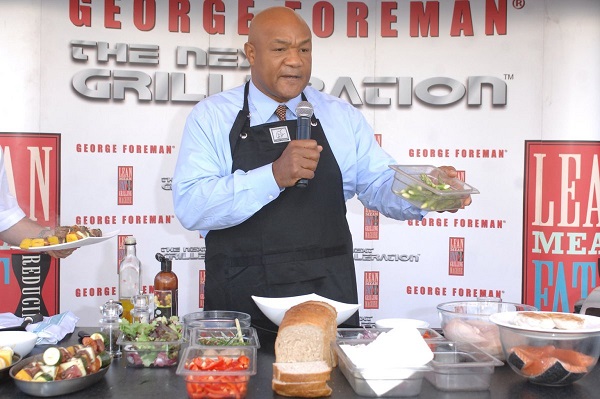
“The more you learn, the more you realize how much you don’t know.”— George Foreman
For those who thought Donald Trump’s role progression (in WWE terms) from face to heel to face again was remarkable, George Foreman had already written the media book on going from the Baddest Man in the World to Gentle Giant.
It’s hard for those who saw him as the genial Grill Master or the smiling man with seven sons all named George (he also had seven daughters, each named differently) to conjure up the Foreman of the 1970s. He emerged as a star at the 1968 Olympics, winning the gold medal in heavyweight boxing. His destruction of a veteran Soviet fighter made him a political hero. In an age that already boasted a remarkable heavyweights Foreman was something unique.
Muhammad Ali, Joe Frazier, Ken Norton, Ron Lyle and Jimmy Ellis were still bankable household names for boxing fans— but on the downside of famous careers. They each had their niche. Foreman was something altogether different. Violent and pitiless in the ring. Unsmiling as he dismantled the boxers he met on his way to the top. He was the ultimate black hat.
With the inimitable Howard Cosell as his background track , he entered the ring in 1973 against the favoured ex-champ Frazier, coming off his three epic fights with Ali. While everyone gave Foreman a chance it was thought that the indomitable Frazier, possessor of a lethal left hook, would tame the young bull.

Instead, in under two rounds of savagery , Foreman sent Frazier to the canvas six times. Cosell yelled himself horse crying, “Down goes Frazier! Down goes Frazier!” This was a whole new level of brutality as the poker-faced Foreman returned to his corner as the most feared boxer on the planet. For good measure Foreman destroyed Norton in 1974.
Fans of Ali quaked when they heard that he would face Foreman’s awesome power in Africa in the summer of 1974. They knew how much the trio of Frazier brawls had taken from him. The prospect of seeing the beloved heavyweight champ lifted off his feet by Foreman’s power left them sick to their stomach. Foreman played up his bad-boy image, wearing black leather, snarling at the press and leading a German shepherd on a leash.
Everyone knows what happened next. We were travelling the time in the era before internet/ cell phones. Anticipating the worst we blinked hard at the headline showing the next day that it was a thoroughly exhausted Foreman who crumbled in the seventh round. The brilliant documentary When We Were Kings is the historical record of that night/ morning in Kinshasa. The cultural clash of Ali, the world’s most famous man, and the brute against the background of music and third-world politics made it an Oscar winner.
But it’s largely about Ali. It doesn’t do justice to the enormity of Foreman’s collapse. Of course the humiliation of that night sent Foreman on a spiritual quest to find himself, a quest that took the prime of his career from him. It wasn’t till 1987 that he re-emerged as a Baptist minister/ boxer. With peace in his soul he climbed the ranks again, defiantly trading blows in the centre of the ring with opponents who finally succumbed to his “old-man” power.
Instead of the dour character who was felled by Ali, this Foreman was transformed in the public’s eye when he captured the heavyweight title in 1994, beating Michael Moore, a man 20 years his junior. He smiled. He teased Cosell and other media types. He fought till he was 48, although he tried to comeback when he was 55 (his wife intervened)

And, yes, for anyone who stayed up late watching TV there was the George Foreman Grill, a pitchman’s delight that earned him more money than his boxing career. HBO boxing commentator Larry Merchant commented that “There was a transformation from a young, hard character who felt a heavyweight champion should carry himself with menace to a very affectionate personality.”
There was a short-lived TV show called George. There was The Masked Singer as “Venus Fly Trap”. And there were the cameos on Home Improvement, King Of The Hill and Fast ’N Loud, delighting audiences who’d once reviled him. He cracked up Johnny Carson.
Foreman’s rebound story was uniquely American. Where Canadians are enthusiastically damning Bobby Orr and Wayne Gretzky for political reasons, Foreman never became a captive of angry radicals or corporate America. He went his own way, thumping the bible and the grill. Rest easy, big man.
Bruce Dowbiggin @dowbboy is the editor of Not The Public Broadcaster A two-time winner of the Gemini Award as Canada’s top television sports broadcaster, his new book Deal With It: The Trades That Stunned The NHL And Changed hockey is now available on Amazon. Inexact Science: The Six Most Compelling Draft Years In NHL History, his previous book with his son Evan, was voted the seventh-best professional hockey book of all time by bookauthority.org . His 2004 book Money Players was voted sixth best on the same list, and is available via brucedowbigginbooks.ca.
-

 Business2 days ago
Business2 days agoDOGE discovered $330M in Small Business loans awarded to children under 11
-

 Business2 days ago
Business2 days agoPublicity Kills DEI: A Free Speech Solution to Woke Companies
-

 2025 Federal Election2 days ago
2025 Federal Election2 days agoCanadian officials warn Communist China ‘highly likely’ to interfere in 2025 election
-

 Business2 days ago
Business2 days agoCDC stops $11 billion in COVID ’emergency’ funding to health departments, NGOs
-
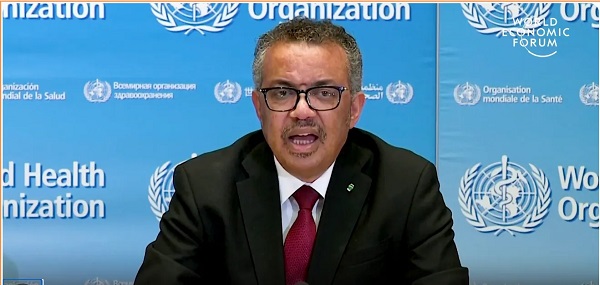
 Dr. Robert Malone2 days ago
Dr. Robert Malone2 days agoWHO and G20 Exaggerate the Risk and Economic Impact of Outbreaks
-
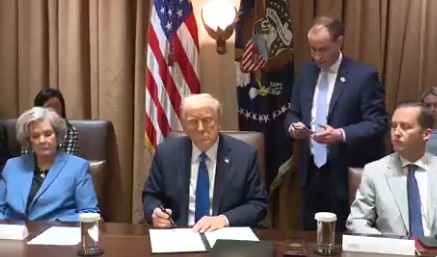
 International2 days ago
International2 days agoTrump orders proof of citizenship to vote in federal elections
-
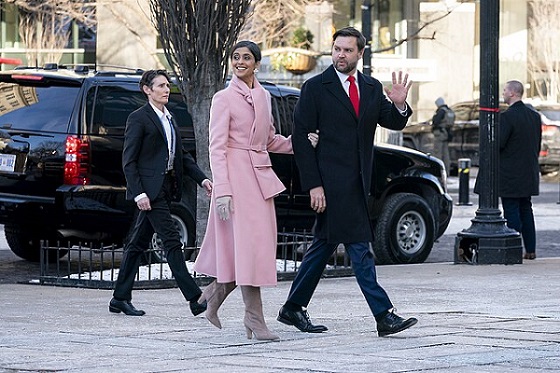
 International1 day ago
International1 day agoVice President Vance, Second Lady to visit Greenland on Friday
-
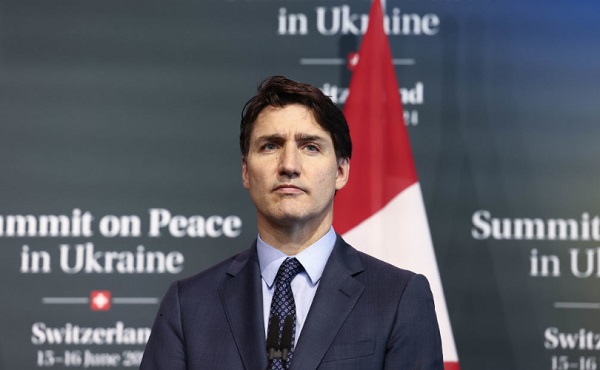
 Justice2 days ago
Justice2 days agoDemocracy watchdog calls for impartial prosecution of Justin Trudeau



